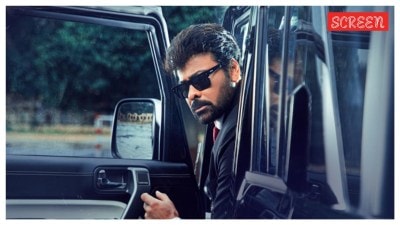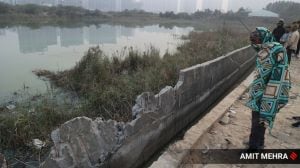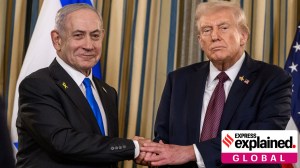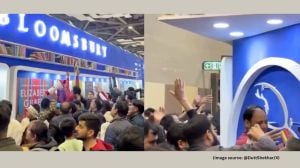Dec 13 intercepts: SC overrules HC
Giving a new twist to the Parliament attack case, the Supreme Court today ruled that the Delhi High Court had erred in barring the trial cou...

Giving a new twist to the Parliament attack case, the Supreme Court today ruled that the Delhi High Court had erred in barring the trial court from considering the telephone interceptions that led to the arrests of the four accused persons.
A bench comprising Justice S.N. Variava and Justice Brijesh Kumar set aside the HC judgment holding that the evidence gathered from the interceptions was not admissible as the cell phones were tapped about a week before the police invoked POTA in the case.
Since the case resulted in convictions despite the high court verdict, the apex court said that the admissibility and merit of the evidence drawn from the interceptions were open for arguments before the Delhi High Court, which is currently hearing the appeals filed against the convictions.
Upholding the plea of the Delhi Police, the SC said the HC should not have exercised its inherent jurisdiction on a petition moved by one of the accused, Navjot Sandhu alias Afsan Guru. Delhi Police won the case in the Court despite their failure to give a plausible explanation for introducing POTA belatedly on December 19, 2001, in a case that everybody took to be a terrorist attack right when Parliament was attacked six days earlier.
The SC accepted the claim of Delhi Police counsel Gopal Subramanium that they came to know of the involvement of terrorists in the Parliament attack only after intercepting the telephone calls under the Indian Telegraph Act. Arguing for the accused persons, senior advocate Shanti Bhushan had contended that the evidence in question was not admissible as evidence under POTA.
- 01
- 02
- 03
- 04
- 05































